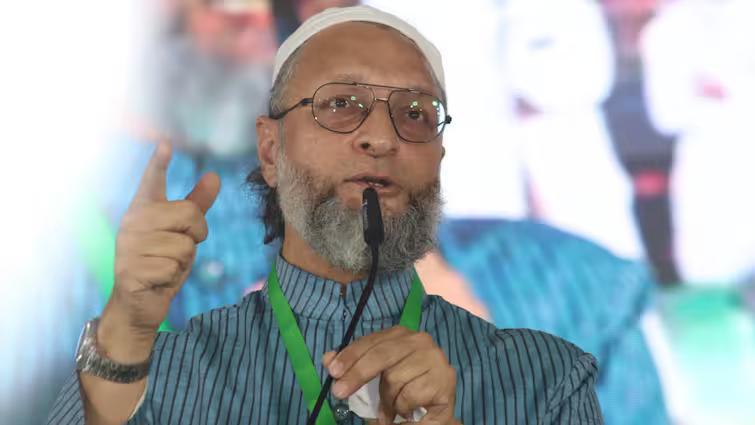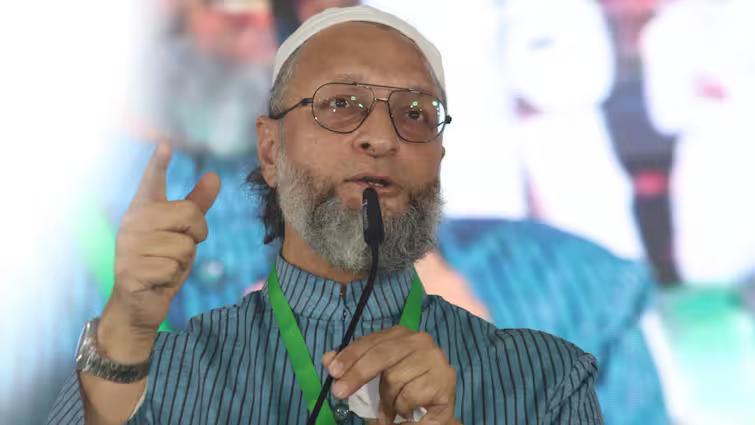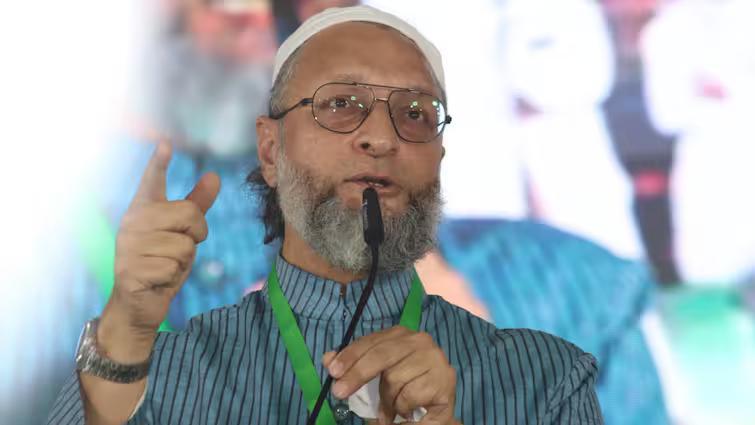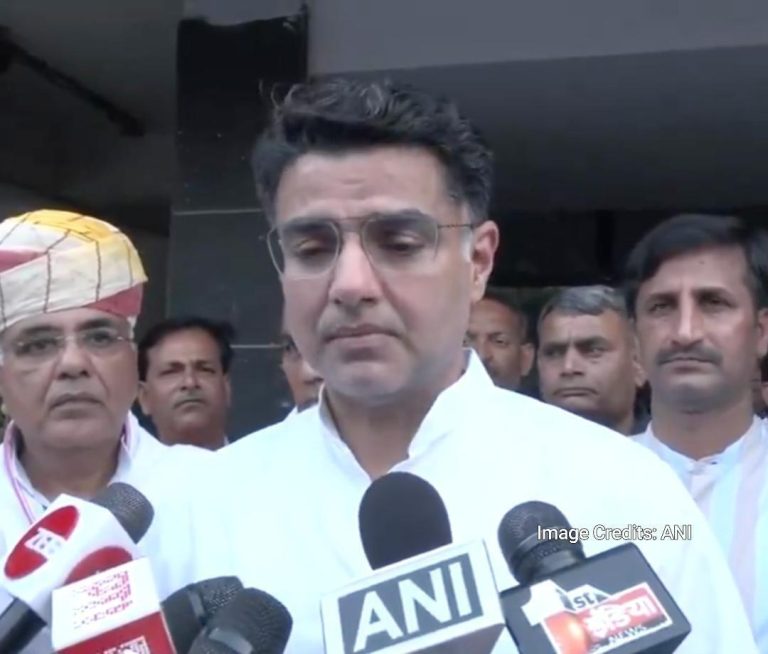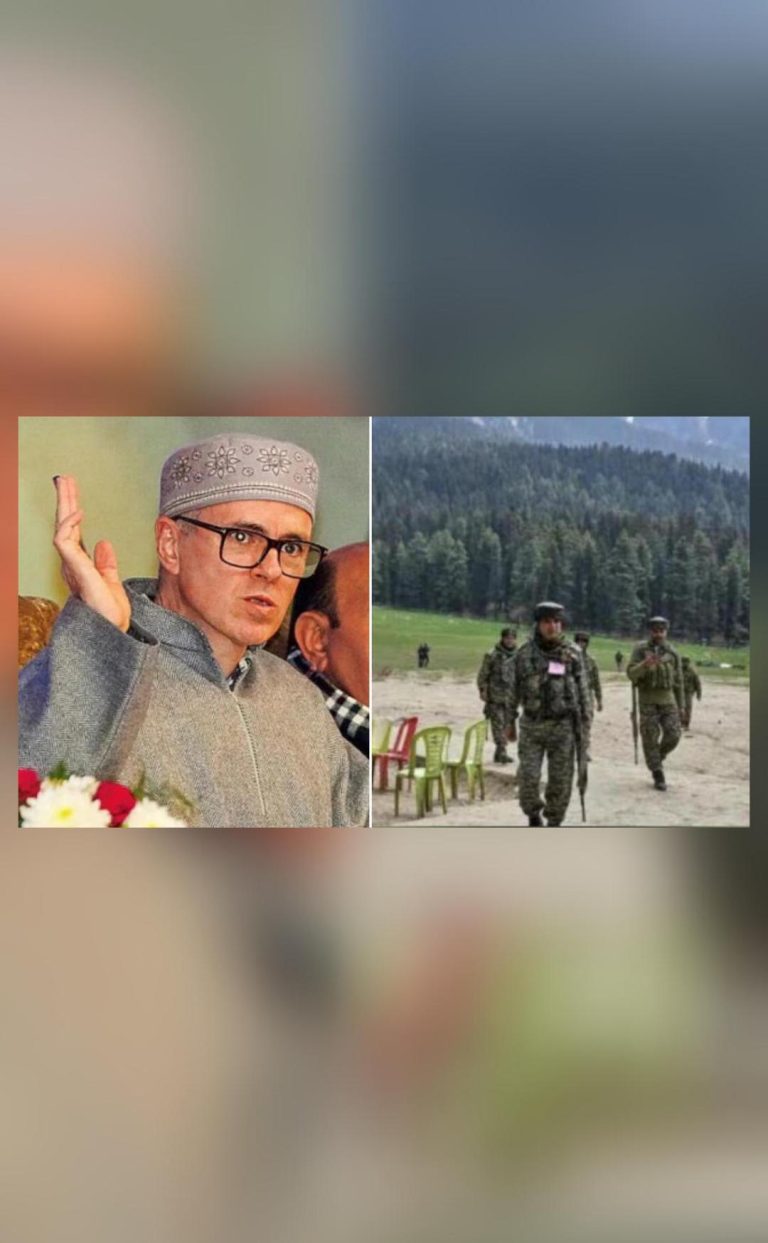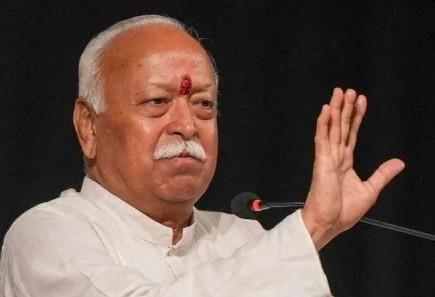
If Someone Turns to Evil Then We’ll Teach Lesson: Bhagwat on J&K Attack
India has been reeling under the effects of terrorism and violence, particularly in the Kashmir Valley, where a recent attack on a tourist bus in Pahalgam has left many injured and several dead. The incident has sent shockwaves across the country, with many calling for immediate action to be taken against those responsible.
In the aftermath of the attack, Mohan Bhagwat, the Chief of Rashtriya Swayamsevak Sangh (RSS), has spoken out about the incident, urging the need for a strong response to terrorism. In an interview with a news channel, Bhagwat emphasized the importance of non-violence, but also stressed the need to teach a lesson to “oppressors and hooligans” who engage in such heinous acts.
“We never harm or disrespect our neighbours, but if someone is bent on being evil, what is the cure?” Bhagwat asked. “The king’s duty is to protect the people, and he will do his duty.”
Bhagwat’s statement has sparked a heated debate, with some interpreting his words as a call for violence and retaliation, while others see it as a necessary response to the ongoing threat of terrorism.
Non-Violence as India’s Religion
Bhagwat’s emphasis on non-violence is rooted in India’s rich cultural heritage and spiritual traditions. As a nation, India has always been a champion of non-violence, with Mahatma Gandhi’s philosophy of non-violent resistance being a prime example. Gandhi believed that non-violence was not only a moral principle but also a powerful tool for achieving social change.
In modern times, India’s commitment to non-violence has been reflected in its foreign policy, with the country being a strong advocate for peaceful conflict resolution and international cooperation. India has also been at the forefront of international efforts to combat terrorism, recognizing it as a global threat that requires a collective response.
However, Bhagwat’s statement also acknowledges that non-violence is not a one-way street. In the face of evil and oppression, non-violence can sometimes be seen as a sign of weakness, and those who engage in such acts may not be deterred by peaceful means.
Teaching a Lesson
Bhagwat’s emphasis on teaching a lesson to “oppressors and hooligans” is rooted in the idea that sometimes, a strong response is necessary to deter further violence and ensure the safety and security of the people. This is not a call for indiscriminate violence or retaliation, but rather a recognition of the need for a proportionate response to a disproportionate act of violence.
In this sense, Bhagwat’s statement is closely tied to the concept of “just war theory,” which holds that war is sometimes necessary to protect the innocent and defend against aggression. According to this theory, the use of force must be carefully considered and weighed against the potential benefits and risks, and must always prioritize the protection of human life and dignity.
The King’s Duty
Bhagwat’s reference to the “king’s duty” is also significant, as it highlights the importance of strong and effective leadership in the face of crisis. In a democratic system, the government has a sacred duty to protect the people and ensure their safety and security. This duty is not limited to times of peace, but is even more critical during times of crisis and emergency.
The government’s response to the Pahalgam attack has been widely criticized, with many calling for a more robust and effective strategy to combat terrorism. Bhagwat’s statement is a reminder that the government has a critical role to play in protecting the people, and that it must be willing to take bold and decisive action to ensure their safety and security.
Conclusion
Mohan Bhagwat’s statement on the Pahalgam attack is a nuanced and thoughtful reflection on the complex challenges posed by terrorism and violence. While non-violence is a fundamental principle of Indian society, Bhagwat recognizes that sometimes a strong response is necessary to deter further violence and ensure the safety and security of the people.
As India continues to grapple with the challenges of terrorism and violence, it is essential that we adopt a balanced and proportionate approach that prioritizes the protection of human life and dignity. This requires strong and effective leadership, a commitment to non-violence, and a willingness to teach a lesson to those who engage in such heinous acts.
Source: https://youtu.be/SpAKVWl5wII
